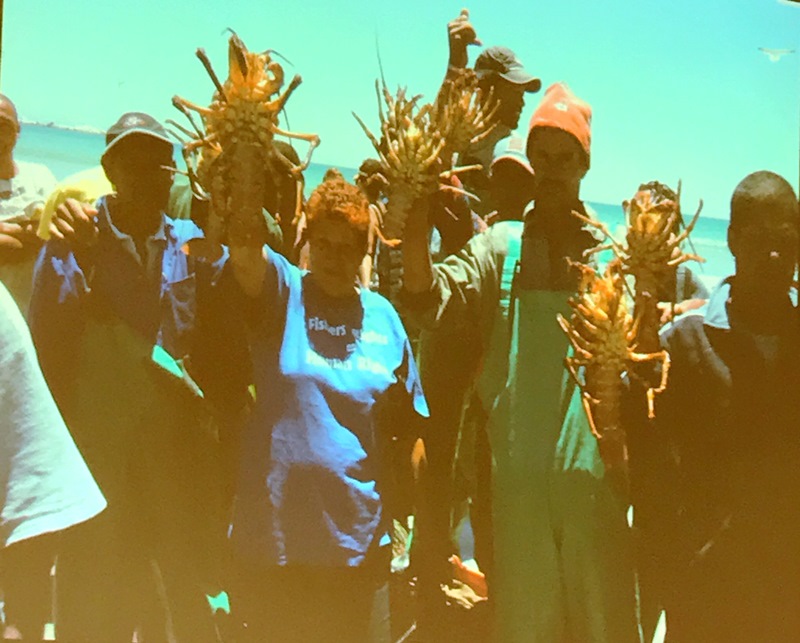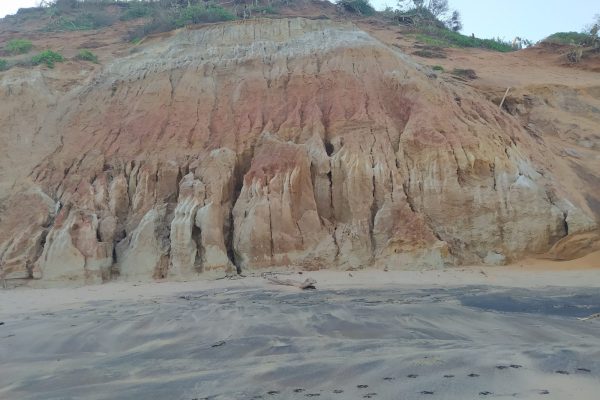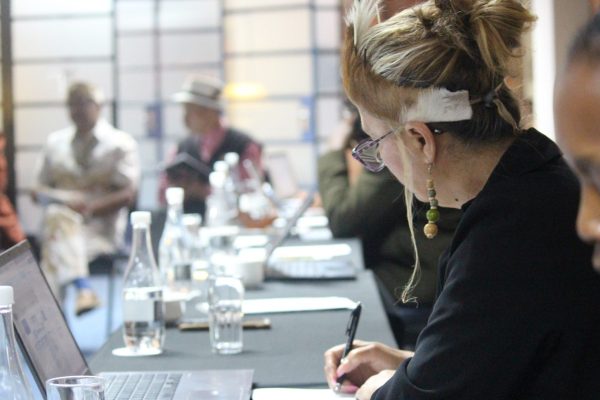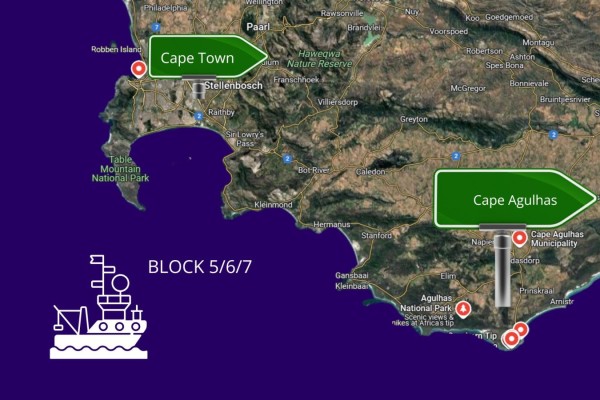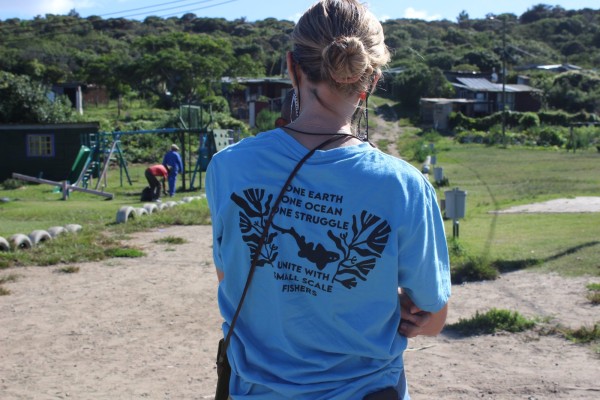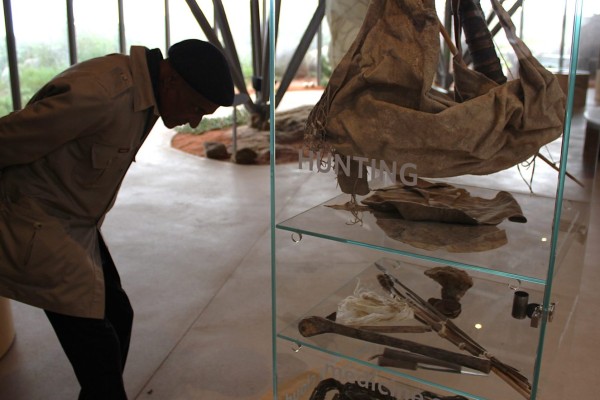Natural Justice held a one-day meeting with a group of indigenous Small-Scale Fishermen from the Western coastal region of Cape Town. Natural Justice also had the pleasure of working with an individual researcher, Jackie Sunde, who also attended the meeting on July 26th, 2017. Jackie Sunde has been involved in fighting for the rights of South African fishing communities for several years. She has also worked to assist with the recognition of community-based customary marine resource rights. Natural Justice invited her to share her experiences in this informative meeting with the Cedarberg belt region fishing community representatives. The meeting aimed to: (i) inform Small-Scale Fisheries (SSF) practitioners about the current legal framework, governmental policies and court cases on SSF in South Africa, (ii) consult with them about challenges and threats they face in their daily lives, and (iii) generally introduce biocultural community protocols as empowerment tools.
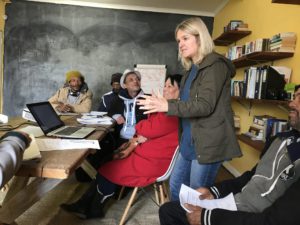
Natural Justice began the meeting by sharing their work around securing traditional resource rights within the Khoi-San communities over the last few years. Jackie then made a presentation setting out the evolving Marine Resources policy framework and the historic court case of David Gongoose in the Eastern Cape. In that case, the court for the first time recognized the customary system of a historical fishing community around marine resource rights. Jackie talked about the development of laws and policies related to marine tenure and marine resources access from the late apartheid period to early 2010. She described the negative effects of neoliberal individual quota systems, which have eroded indigenous peoples’ communal ownership of marine resources, created internal tension between villagers and benefited the large commercial companies. Also, Jackie clarified the unclear definition of “subsistence usage” in the Marine Living Resources Act (MLRA). The (MLRA) of 1998 prohibited fishermen from selling fish for their basic livelihoods. In addition, she discussed the emergence of customary rights recognition of marine resources and how fishermen in the Eastern Cape have used it as tool for accessing marine resources. She also reflected on the Policy for the Small-Scale Fisheries Sector in South Africa (2012) as a good policy framework for indigenous communities to follow since it recognizes their customary rights, communal ownership and preferential access for SSF. However, the implementation of SSF policy is still slow and challenged due to the lobbying of big commercial companies and the existence of the Fishing Rights Allocation Process (FRAP).
The Fishers shared that their ancestors lived and fished in their Cedarburg coastal region for centuries. They have sustainably fished & protected the natural environment. Thus, they should have rights to access their land, water and take care of their family and livelihoods. Nevertheless, in the past decade small-scale fishermen in indigenous communities have been stigmatized and criminalized by unfair policies as illegal poachers. They were at some stage forced out of their customary way of life into the informal labor market on surrounding farms of which their families were historically dispossessed. They continue to face the extinction of their traditional culture. The application for fishing rights is expensive, co
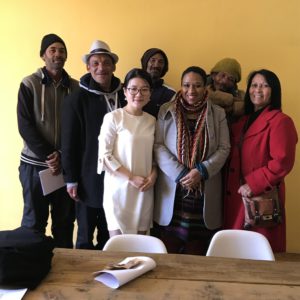
mplicated and inaccessible for most of the fishers, meanwhile commercial corporations have always been able to harvest and earn lucrative profits. Fishermen expressed eagerly that they wanted to seek legal support from Natural Justice to assist to empower the community and assist in making key legislative changes.
Lesle Jansen, the head of the Governance of Lands & Natural Resource Program shared the African Commission’s policy approach on indigenous people and how this could assist these communities to help characterize their current modern-day challenges. She also shared about the deep disruption the Khoi-San community experienced and how this legacy continues to impact the system of generational transfer of their customary rights. The participants recognized that the situation needs to be changed. This meeting could potentially be the beginning for the future cooperation between Khoi-San customary fisher communities from the Cedarburg coastal region and Natural Justice.

